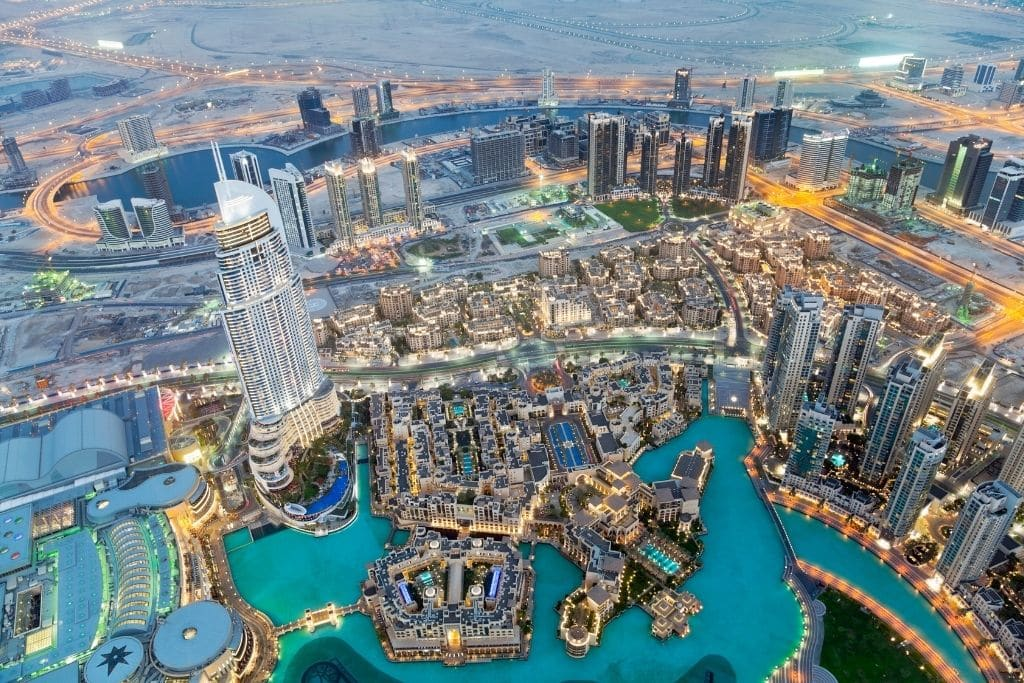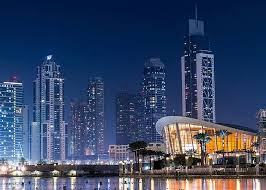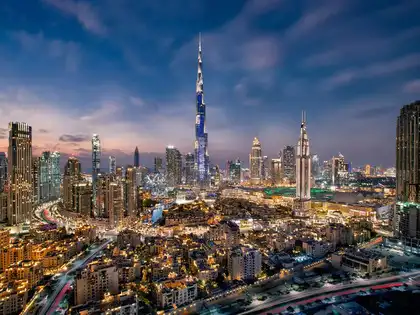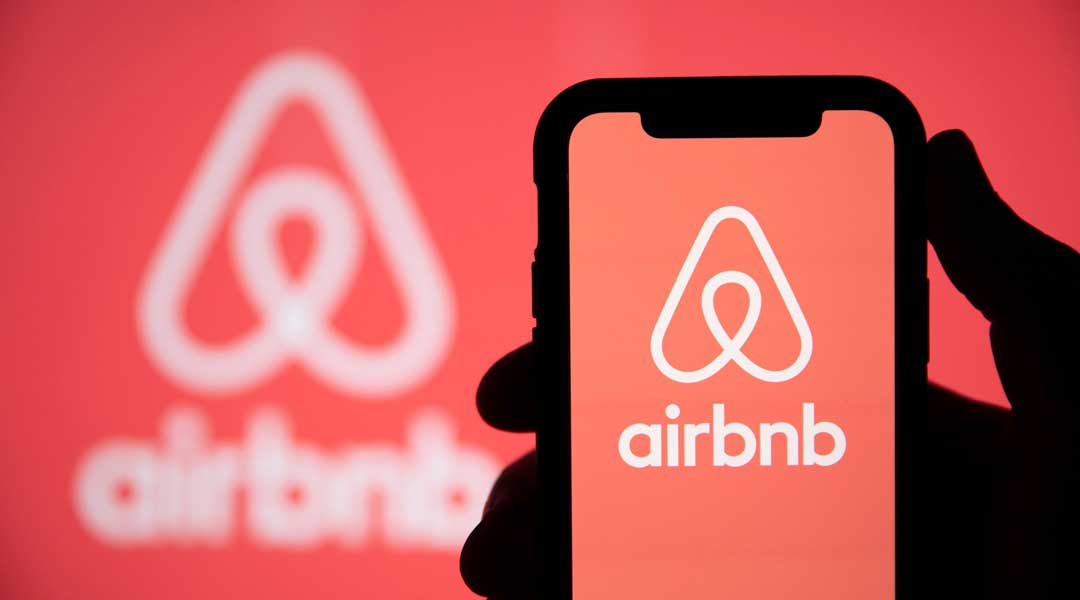Now Reading: “How Dubai Plans to Rule the Blockchain World: The Full Story 2025”
-
01
“How Dubai Plans to Rule the Blockchain World: The Full Story 2025”
“How Dubai Plans to Rule the Blockchain World: The Full Story 2025”

Dubai, the futuristic city of the United Arab Emirates (UAE), is making bold moves to become a world leader in blockchain technology. In 2016, Dubai launched its Dubai Blockchain Strategy — a plan designed to make it the first city in the world to run entirely on blockchain by 2030.
But what does this mean for businesses, governments, and the global technology market? What exciting opportunities does this vision offer? And what major challenges stand in the way?
In this guide, we explain Dubai’s blockchain goals, the expected benefits, the risks involved, and why the world is watching this ambitious project closely.
What is the Dubai Blockchain Strategy?

Dubai’s government announced the Dubai Blockchain Strategy with the goal of making all government documents — such as visas, bills, and license renewals — completely digital and secured by blockchain technology.
The plan has three main pillars:
- Government Efficiency:
Dubai wants to shift 100% of its government transactions to the blockchain. This could save billions of dollars spent on document processing, reduce time delays, and cut down paperwork waste. - Industry Creation:
The city also plans to create a global hub for blockchain companies. This means startups, tech giants, and investors can find new chances to grow in Dubai, helping the city become a leader in this fast-growing industry. - International Leadership:
Dubai wants to be the first blockchain-powered government in the world, setting a model for other cities and countries to follow.
Opportunities: Why Dubai’s Blockchain Strategy Is a Big Deal
1. Improved Security and Transparency
Blockchain systems offer high-level security. Once data is entered into the blockchain, it cannot be changed or hacked easily. This makes government records more reliable, reducing the risk of fraud.
2. Faster, Cheaper Processes
By going fully digital, Dubai could save an estimated $1.5 billion annually — money that is currently spent on document handling and processing. People and businesses will also benefit from faster services and lower fees.
3. Boost for Business & Startups
Tech startups working in blockchain, cryptocurrencies, NFTs, and Web3 will find Dubai a perfect place to launch new ideas. Already, many global blockchain companies have moved their operations to Dubai due to its friendly regulations and tax benefits.
4. Attracting Global Talent & Investments
Dubai’s leadership in blockchain could bring thousands of tech experts, developers, and investors to the city. New jobs, training programs, and investment funds are already being created to support this growth.
5. Sustainable and Green Governance
A blockchain-based system means fewer paper-based processes, making government work more eco-friendly and reducing carbon emissions.
Challenges: Why Dubai’s Blockchain Vision Faces Risks

1. Regulatory Uncertainty
Blockchain is a new and complex technology. International laws about digital assets, privacy, and data sharing are still developing. Dubai must balance its open blockchain environment with strong rules to prevent crime, money laundering, or misuse.
2. High Costs of Implementation
Switching an entire government system to blockchain requires heavy investment. Technology upgrades, training for government staff, and building new platforms are expensive and time-consuming.
3. Cybersecurity Concerns
While blockchain is secure, it’s not fully safe from attacks. Hackers are constantly looking for ways to break into digital wallets, crypto platforms, and smart contracts. Dubai will need to invest heavily in cybersecurity to stay ahead.
4. Public Awareness and Acceptance
Many people and businesses still do not understand how blockchain works. Without proper education and public trust, there is a risk that residents and companies will resist these changes.
5. Scalability Issues
Blockchain systems can be slow when handling large amounts of data or transactions. Dubai must ensure its system is fast, scalable, and flexible enough to serve millions of people without delays.
The Global Impact of Dubai’s Blockchain Strategy
Dubai’s success (or failure) with this strategy will influence other countries. If Dubai shows that blockchain government services work well, cities around the world may follow. But if the project struggles, it could slow down blockchain adoption worldwide.
Global companies, from banks to logistics firms, are also watching closely. Dubai’s regulations and technology standards may shape how blockchain industries grow across the Middle East, Africa, and Asia.
What Lies Ahead?
Dubai is clearly confident in its vision. In 2023, the city launched the Dubai Metaverse Strategy, planning to create 40,000 virtual jobs by 2030. This connects closely with blockchain because the metaverse depends on digital assets, smart contracts, and cryptocurrencies.
The UAE government has also introduced new digital laws, set up blockchain accelerators, and hosted international conferences to attract global attention. If everything goes well, Dubai could become the Silicon Valley of blockchain.
Conclusion
Dubai’s blockchain strategy is one of the boldest government plans in the world. Its potential is huge — from cutting costs and boosting businesses to attracting global investors. But big dreams also bring big risks, such as regulation gaps, high costs, and technical challenges.
Whether Dubai succeeds or struggles, the world is watching closely. For tech companies, investors, and anyone interested in the future of blockchain, Dubai remains the city to watch in the next decade.
Read More:- Shobha Realty Launches Its Most Luxurious Project Yet—Full Details Inside 2025





















